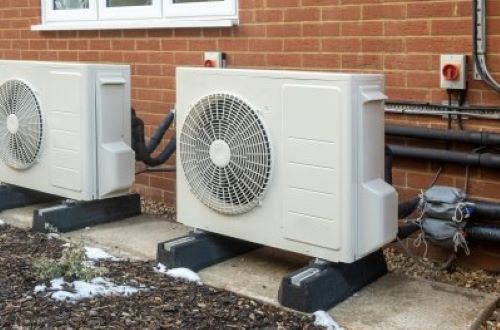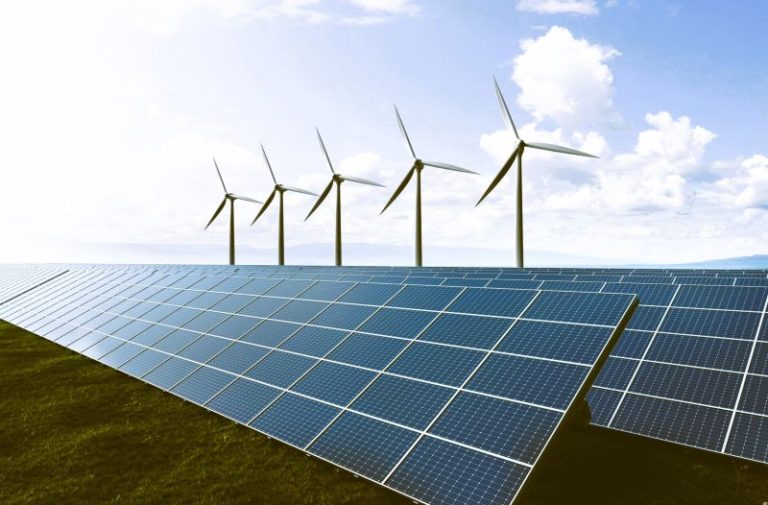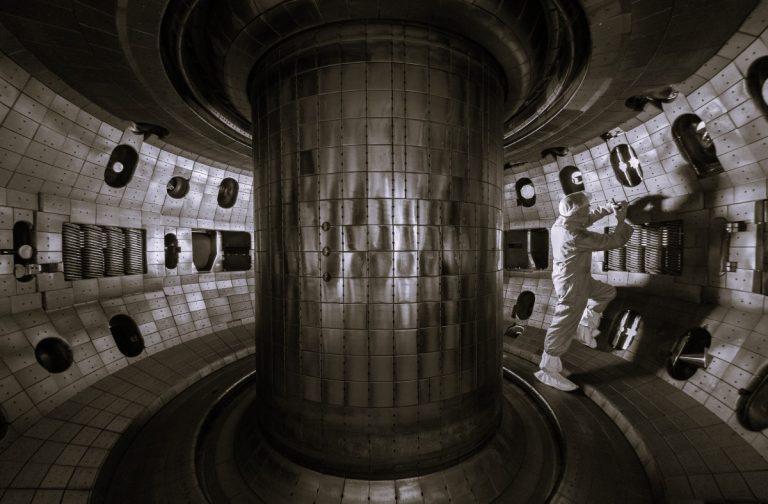

Heat pumps are becoming a favored choice for both residential and commercial heating and cooling due to their efficiency and versatility. Unlike traditional systems that generate heat, heat pumps transfer heat, making them an energy-efficient alternative. This guide provides an in-depth look at how HVAC and IAQ contributes to indoor air quality and how heat pumps function, their benefits, various types, and key considerations.
What is a Heat Pump?
A heat pump is an HVAC (Heating, Ventilation, and Air Conditioning) system that can heat and cool a space. Instead of generating heat to create a comfortable environment by burning fuel like traditional systems, heat pumps move heat from one place to another. During winter, they draw heat from the outside air (even in cold temperatures) and transfer it indoors. In summer, they reverse the process, extracting heat from inside the building and releasing it outside. This efficient mechanism is a key feature of commercial ventilation systems, ensuring a comfortable indoor climate year-round.
How Do Heat Pumps Work?
Here’s a simplified breakdown of the process:
- Evaporation: The refrigerant effectively absorbs heat from the outside air or ground, causing it to evaporate into a gas.
- Compression: The gaseous refrigerant is compressed, raising its temperature.
- Condensation: The hot gas is then condensed back into a liquid within the indoor unit, releasing heat into the space.
- Expansion: The refrigerant flows smoothly through an expansion valve, which lowers its pressure and temperature, preparing it to absorb heat once more.
In addition to their efficiency, heat pumps require regular maintenance to ensure optimal performance. Trusted HVAC services can help address potential issues before they become costly repairs. Scheduling routine check-ups with professionals will ensure your heat pump operates smoothly throughout the year.
Types of Heat Pumps
Heat pumps are available in several types, each tailored to specific environments and needs.
- Air-Source Heat Pumps
These are the most commonly used type of heat pump. It works by transferring heat between indoor and outdoor air, which makes them suitable for a wide range of climates. While they’re relatively easy to install, their efficiency can decrease in extremely cold temperatures.
- Ground-Source (Geothermal) Heat Pumps
Ground-source heat pumps transfer heat between the building and the ground. These systems are highly efficient because the ground temperature remains relatively constant year-round. However, installing this type of heat pump requires a significant upfront investment and sufficient space for the installation of ground loops.
- Water-Source Heat Pumps
Water-source heat pumps utilize bodies of water such as lakes, ponds, or wells to exchange heat. These systems provide consistent heating and cooling. However, their installation is limited to properties with access to suitable water sources.
- Ductless Mini-Split Heat Pumps
Ideal for homes without ductwork, ductless mini-split heat pumps are outdoor units and one or more indoor units that distribute air directly into living spaces. These systems offer flexibility and are easier to install compared to ducted systems.
Considerations for Using Heat Pumps
While heat pumps offer several benefits, there are important considerations to keep in mind:
- Climate Suitability: In extremely cold climates, the efficiency of air-source heat pumps can decrease. In such areas, ground-source heat pumps or hybrid systems (combining a heat pump with a conventional furnace) may be more effective.
- Initial Cost: The upfront cost of installing a heat pump, particularly ground-source systems, can be higher than traditional systems. However, while there are long-term energy savings, it can offset the initial investment.
- Installation Complexity: Proper installation is crucial for optimal performance. Make sure you hire a qualified HVAC professional to design and install the system.
- Maintenance: Regular maintenance is essential to keep heat pumps operating efficiently. This includes checking refrigerant levels, cleaning coils, and inspecting the system for any issues. It will also include heat pump replacement you may need.
Conclusion
Heat pumps are an efficient, versatile, and environmentally friendly option for heating and cooling homes and buildings. By understanding the different types of heat pumps and their benefits, you can make an informed decision about whether a heat pump is the right choice for your needs. With proper installation and maintenance, heat pumps can provide reliable and cost-effective climate control for many years.


